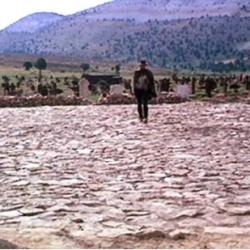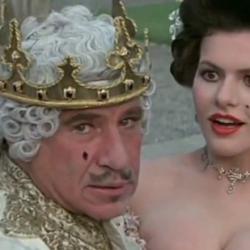A few years after I got married in an Episcopal Church in Newtown Square, Pa., some friends of mine tied the knot just a few miles down the road at a Unitarian Church here in Media.
They also weren't able to secure a marriage license, but the minister wasn't bothered by that bit of Caesar's paperwork. The ceremony was consecrated by the minister in the name of God and blessed by the congregation. No one present felt the wedding or the marriage was in any way less valid, less sacred, because they had failed to secure the imprimatur of the clerk of Delaware County, or that the minister was lacking in spiritual authority because she spoke only in the name of God and did not invoke any power invested by the Commonwealth of Pennsylvania.
The main difference between that wedding and mine is that those guys are still married.
Another difference is that those guys are both guys.
David and John have been married for close to 10 years now. They and their church did not feel the need to wait for a resolution of the national "debate" over same-sex marriage. They did not wait for the county, the state or the courts to grant approval. They were in love, so they went to church and got married. "What God has joined together," etc.
They of course remain acutely aware that their marriage is not legally recognized. And they hope that one day it will be. But if or when that day comes they won't start recalculating their anniversaries from the day the paperwork gets processed. The day they will continue to honor and celebrate will be the anniversary of when they stood at the altar in church and said their vows. (Well, okay, when they stood at the podium — they're Unitarians, they don't have actual altars.)
I bring this up because it again illustrates the distinction between "marriage" as a sacred rite and "marriage" as a civil right. Churches (and synagogues, mosques, temples, etc.) ought to be free to administer the former without interference from the state. And the state ought to be free to administer the latter without interference from the churches.












